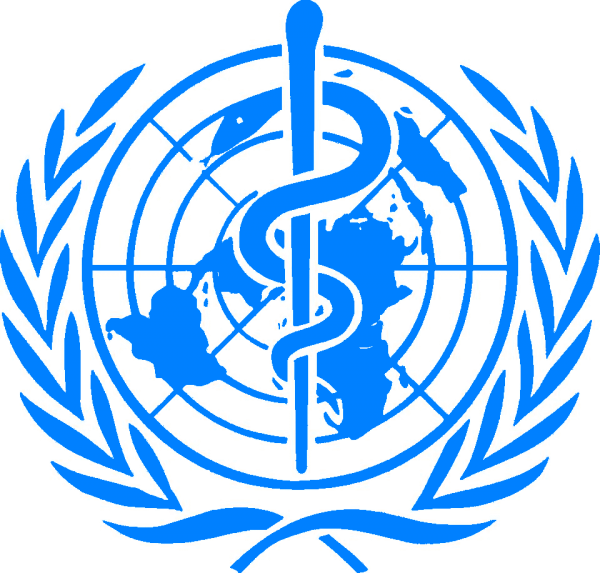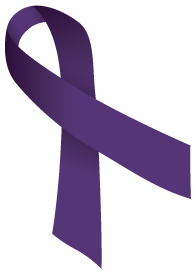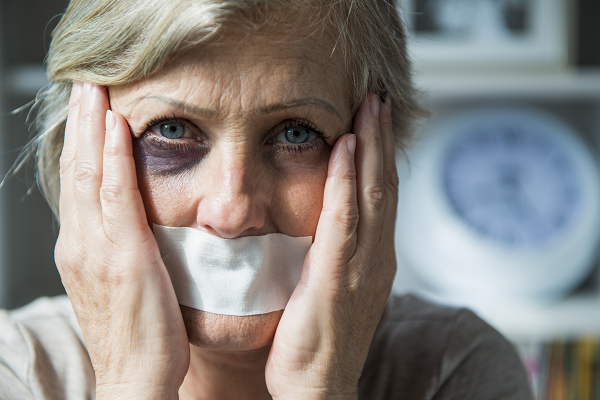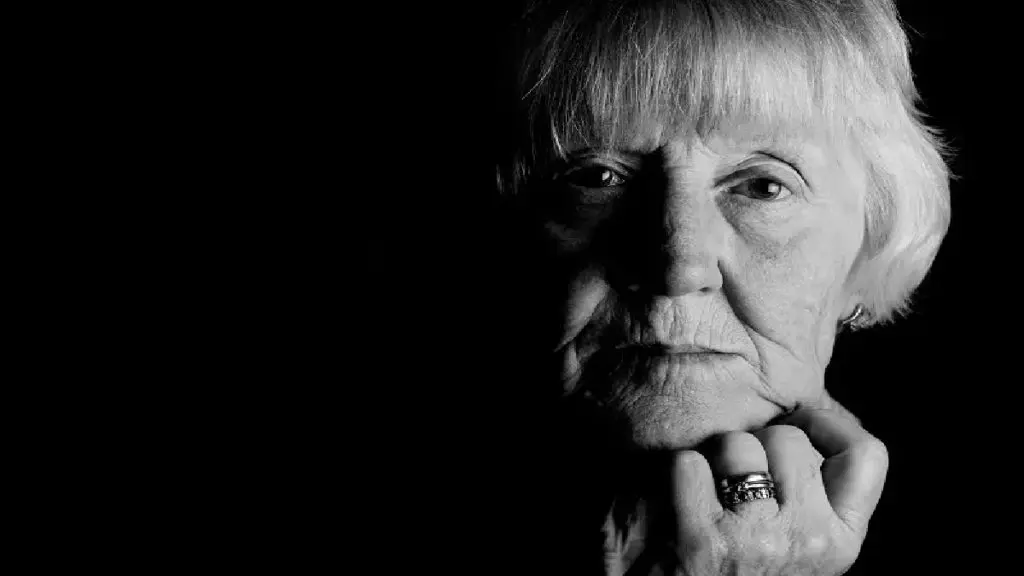Elder abuse is not a new phenomenon but unfortunately persists! To combat these abuses, June 15th is dedicated to raising awareness about elder abuse. World Elder Abuse Awareness Day (WEAAD) was proclaimed by the UN in 2011 and is officially recognized at the request of the International Network for the Prevention of Elder Abuse (INPEA).
What is elder abuse?

Elder abuse refers to any act or behavior that causes harm to an older person due to their age. This can include physical abuse (such as hitting, slapping, shaking, burning, biting, pushing, etc.), psychological abuse (insults, humiliation, threats, intimidation, isolation, etc.), sexual abuse (sexual assault, sexual harassment, etc.), financial abuse (theft, extortion, fraud), or neglect (lack of attention, care, or support).
The majority of abused seniors are over 80 years old, a population generally experiencing decreased autonomy and increased vulnerability.
Elder abuse, this heinous crime, often occurs in the secrecy of private spaces, which makes its public denunciation in the strongest terms even more necessary. We must show even greater resolve to address this issue as part of broader efforts to ensure everyone can live with dignity.
Ban Ki-moon – Secretary General of the United Nations
Elder abuse is a violation of the fundamental rights of older persons and can have serious consequences on their physical and mental health. This day aims to raise awareness about elder abuse to protect older people and ensure they have a safe and caring environment. It sheds light on a tragedy that often remains hidden from view.
June 15 : World Elder Abuse Awareness Day
Between 2019 and 2050, the number of people aged 60 and older is expected to more than double, from 1 billion to approximately 2 billion. Unfortunately, this demographic transition will likely lead to an increase in elder abuse victims, projected to rise from 141 million in 2017 to 320 million by 2050 if the proportion of victims remains constant!
A survey report on elder abuse by the Institut de la statistique du Québec published in 2020 showed that in 2019, nearly 6% of seniors living at home reported experiencing at least one form of abuse in the preceding 12 months. This rate of abuse increased during the COVID-19 pandemic due to greater isolation of seniors worldwide.

As early as 2017, an analysis based on 52 studies from 28 countries estimated that 15.7% of people aged 60 and older experienced some form of abuse in the previous year. This high figure is far from reflecting reality, given that only 1 out of 24 cases of abuse is reported. Another WHO analysis based on 9 studies from 6 countries involving self-assessments by staff in specialized facilities found that 64.2% of personnel admitted to committing some form of abuse in 2016. This raises questions about the understaffing of professional caregivers.
The most common forms of elder abuse
- Psychological abuse: 11.6% of cases
- Financial exploitation: 6.8%
- Negligence: 4.2%
- Physical mistreatment (violence): 2.6%
- Sexual abuse: 0.9%
Source: OMS 2017

Elder abuse is a global, yet taboo, social issue that deserves international attention. While nursing homes and retirement facilities are often the focus of criticism, elder abuse occurs not only in these care settings but also predominantly within seniors’ own homes by their caregivers.
There is no small mistreatment. Above all, it is the suffering felt in these situations that alerts us and mobilizes us.
Les Petits frères des Pauvres
World Elder Abuse Awareness Day aims to implement actions to recognize, denounce, and intervene against elder abuse, promoting elder care.
Theme for June 15, 2024: “Elderly in Emergency Situations“
Elderly individuals are particularly vulnerable during emergencies such as natural disasters, pandemics, or conflicts, exacerbating their existing fragilities. It is crucial to integrate their needs into crisis planning and response. Moreover, the stress and confusion associated with emergencies can increase the risk of elder abuse, whether physical, emotional, financial, or through neglect.
This year, World Elder Abuse Awareness Day emphasizes the importance of protecting and supporting the elderly during crises.
The United Nations calls on governments, organizations, and communities to prioritize the safety and well-being of seniors in their emergency plans.
The 2024 Day highlights the need to educate and train emergency responders, caregivers, the general public, thereby creating a more inclusive and secure environment for older adults.
Elder abuse, a global scourge:
- Between 2020 and 2030, the number of people aged 60 or older is expected to increase by 38%, from 1 billion to 1.4 billion, surpassing the number of young people worldwide. By 2050, one in six people will be aged 65 or older, increasing elderly vulnerability to violence
- Approximately one in six people aged 60 and older has experienced abuse in the past 12 months
- Elder abuse can lead to serious physical injuries and long-term psychological consequences
Strategies to combat elder abuse
A training kit for preventing abuse and promoting elder care
How to define abuse? How to recognize such situations? When should abuse be reported? And most importantly, what actions should be taken?
To address these questions, the French government has developed an online and freely accessible training kit aimed at all healthcare, social, and medico-social professionals, offering basic and advanced modules. It can be accessed individually or as part of group training sessions. This kit also targets concerned individuals (endangered children, elderly, and people with disabilities).
World Health Organization (WHO)
WHO takes this issue seriously and continuously develops strategies to prevent and mitigate elder abuse. However, progress remains slow. Programs are primarily implemented in high-income countries, yet this issue affects all nations.
Actions include:
- Public and professional awareness campaigns
- Screening for victims and potential abusers
- Intergenerational programs in schools
- Support interventions for caregivers (including stress management and respite care)
- Care policies in facilities to define and improve care standards
- Dementia training for caregivers
To prevent further abuse, WHO recommends:
- Mandatory reporting of abuse to authorities
- Support groups
- Shelters and emergency shelters
- Psychological programs for perpetrators
- Helplines for information and referrals
- Support interventions for caregivers
How to Act in Cases of Elder Abuse?
Firstly, it’s crucial to learn to identify signs of elder abuse: recurrent falls and/or injuries, depression, sudden changes in behavior, suspicious financial transactions, social isolation, among others.
Next, the most important step is to offer assistance and to listen attentively before reporting the case of abuse. In France, if the elderly person is in a care facility, incidents of abuse should be reported to the Regional Health Agency (ARS) to initiate an investigation.
Otherwise, call 3977 (Monday to Friday, 9 am to 7 pm). Volunteers are available to listen, provide advice, and direct callers to appropriate contacts.
Elderly Individuals Are a Vulnerable Population
Physical abuse, neglect, abandonment, isolation from visits, premature inheritance, medication deprivation, infantilization, neglectful sedative treatments, coerced check signing, and more – the list is extensive, covering both active and passive mistreatments, severe or mild, continuous or sudden, whether psychological, physical, or financial.
They all share the same denominator: an unacceptable breach of the dignity of vulnerable individuals unable to defend themselves. Indeed, elderly individuals are particularly vulnerable due to their age, isolation, and sometimes illness or disability.

The consequences of elder abuse can be devastating: in addition to potentially severe physical trauma, it can lead to long-term psychological effects.
Elderly Women Are More Vulnerable Than Men
According to Alma (an association providing support to victims), the most vulnerable individuals are predominantly elderly women who are incapable of defending themselves or responding to abuse.
In his 2016 address, UN Secretary-General Ban Ki-Moon issued a message to raise awareness about this phenomenon and urged determination in combating this scourge:

The 2030 Agenda for Sustainable Development, adopted last year, aims to eliminate poverty and build a more sustainable world over the next 15 years. It is essential to end neglect, mistreatment, and violence against elderly people if we are to achieve the 17 Sustainable Development Goals and honor the commitment to leave no one behind. […] Abuse and violence against elderly people can take various forms, including violence within and outside the family circle, psychological and emotional abuse, and financial exploitation. The World Health Organization estimates that in some countries, 10% of elderly people endure such violence.
Victims of age and gender discrimination, elderly women are more vulnerable than men. After a lifetime of facing discrimination, violence, and oppression, they often experience mistreatment. I am particularly concerned about the increasing reports indicating that elderly women are accused of witchcraft and mistreated by their own families and communities.
On this day, I urge Member States and civil society to demonstrate greater determination and redouble efforts to eliminate all forms of violence and mistreatment against elderly people.
Published by the Editorial Staff on
